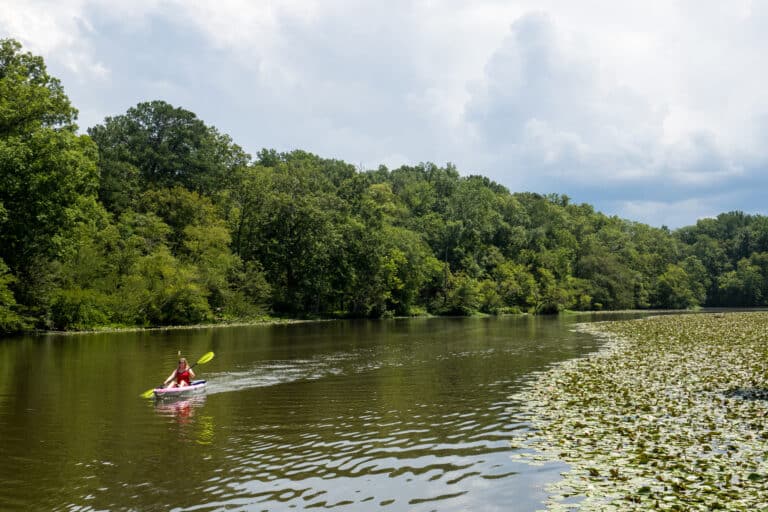Arizona sheriff’s office denies “sandal shaming” rescued hiker
A hiker in Arizona had to be rescued after attempting a grueling 10-mile hike in Flagstaff’s Coconino National Forest while wearing a pair of flimsy, ankle-wrapped sandals. The hiker and seven others in her group were all rescued after hiking five miles down the fossil creek trail. When they turned to walk back to the trailhead at 4pm they quickly realized they needed a rescue, not in small part to the fact that the woman’s sandals made it “nearly impossible” for her to continue on the trail. A sign at the trailhead warns hikers to wear appropriate footwear. After the ordeal was over, the Gila County Sheriff’s Office posted a photo of the hiker’s footwear as a cautionary tale to the public. While many supported the decision, others accused the sheriff’s office of “sandal shaming” the woman. Undersheriff Michael L. Johnson of the department denies the accusations. “We try not to embarrass people or anything like that,” said Johnson. “We just want to get the information out there for people to take it seriously.”
Renewable energy generation to top energy from coal for the first time
Data from the U.S. Energy Information Administration shows that, for the first time ever, renewable energy generation in the United States will top energy generated from coal for the months of April and May. While there are seasonal factors at play—hydroelectricity generation usually peaks in the spring, for instance— analysts say that this suggests a tipping point in the country’s energy generation. In 2019, all forms of renewable energy will make up 18% of US energy generation. In 2020, it’s projected that number will be 20 percent. Wind generation is also expected to surpass hydro as the leading source of renewable energy generation each year.
Va Governor Northam refrains from vetoing budget language blocking climate action
Yesterday Governor Northam announced that he would not veto language in the Virginia budget that will block the state from participating in the Regional Greenhouse Gas Initiative (RGGI.) The RGGI would have led to a 30 percent reduction in carbon emissions from the biggest power plants in the state and established environmental justice provisions to protect communities most vulnerable to climate change. Just last month, after two years and 15,000 public comments, Virginia’s Air Pollution Control Board voted to approve the RGGI. Had it come to fruition, it would have been the most ambitious climate action taken by any state in the south.








